Black Friday: Shift to Online
Last Friday was Black Friday. Once a day primarily associated with in-person, frantic shopping sprees, it has evolved into a digital behemoth, with record online spending that spans more than a week. The crowd-filled tradition has transformed into consumerism, technology, and often, exploitation. So, as we sit in front of our screens, clicking "add to cart" in the comfort of our homes, it’s worth reflecting: Is Black Friday truly a moment of celebration or one of deception?
The Online Surge: The Shift to Digital Shopping
In recent years, Black Friday has undergone a significant transformation. This year saw record-breaking online spending, with consumers increasingly opting to make purchases from the safety and convenience of their homes. According to NPR, “Worldwide, 69% of all Black Friday purchases came from mobile devices…reported software company Salesforce”. Meanwhile, “Friday's in-store shopper traffic was down 8.2% compared to 2023, according to Sensormatic Solutions, which tracks retail store foot traffic.” While this might appear as a testament to the convenience of digital shopping, it also highlights the ways in which consumer behavior has become more detached and impersonal. No longer do people wait in long lines at physical stores for deals. Instead, they're clicking through digital marketplaces, often unaware of the broader implications of their actions.
Impact on Communities of Color
While Black Friday is often promoted as a celebration of discounted goods, there is a significant cost that is rarely discussed—particularly when it comes to communities of color. Historically, Black Friday’s origins are tied to consumerism, and the term itself emerged in the 1960s, initially referring to the day when retailers would move from the red (loss) to the black (profit) in their balance sheets (Deadline). But for many communities of color, the consumerist frenzy surrounding Black Friday has come with negative consequences far beyond just financial strain.
1. Exploitative Labor Practices:
Many of the biggest retailers that benefit from Black Friday—whether physical or online—rely heavily on a workforce that is disproportionately made up of people of color. These workers are often paid low wages, lack benefits, and are subjected to grueling working conditions, especially during peak shopping days like Black Friday. Across the world, fast fashion has also promoted this system of labor to increase with “efficient” purchasing on the consumer side.
2. Unequal Access to Discounts:
While deals and discounts fit tight budgets, Femi Magazine writes that “consumerism has also sparked conversations about systemic inequalities, wage disparities, and the economic challenges that disproportionately affect people of color.” Fast fashion extends labor inequalities across the world. In the U.S., consumers of color have a high purchase power but still face inequitable economic opportunities or representation in the retail and business world.
3. Cultural Appropriation and Exploitation:
For many retailers, the holidays are also a time to promote specific products that are insensitive or exploitative to multicultural contexts. Limited-edition "Black Friday" releases that cater to cultural aesthetics or practices often lack respect for the cultural heritage behind them. In this way, Black Friday is sometimes used to profit off of cultural symbols without giving back to the communities who created them. This perpetuates harmful stereotypes and reinforces the barriers that exist between communities of color and the mainstream consumer world. As they are “adopted”, multicultural items become elite, fueled by a combination of social pressure, which exacerbates feelings of inadequacy and self-worth tied to material possessions.
Rethinking Black Friday: A Call for Conscious Consumption
Black Friday isn’t going anywhere. We can both celebrate and further understand what it represents. I look back on my memories of rushing through energetic mall crowds just for a box of sushi at the local food court. Although in-person transforms into digital, we don’t have to let go of the community feelings we once had. Conscious shopping around fast fashion, brands, and cultural items only connects us more deeply to other people we can’t see.
We can choose fairness, equity, and justice—especially for communities that have long been exploited by systems of consumerism. In the end, Black Friday may be a frenzy of deals. But, what you choose to click uplifts brands with intrinsic beyond financial value.
References:
Black Friday: Not Humanity's Greatest Moment
Most Black Friday shoppers bagged their deals online this year, with record spending.
The History of Black Friday: What It Means for Communities of Color - FEMI MAGAZINE.
We are constantly looking for skilled writers and are open to publishing original pieces on our blogs. Follow the link below to submit!

